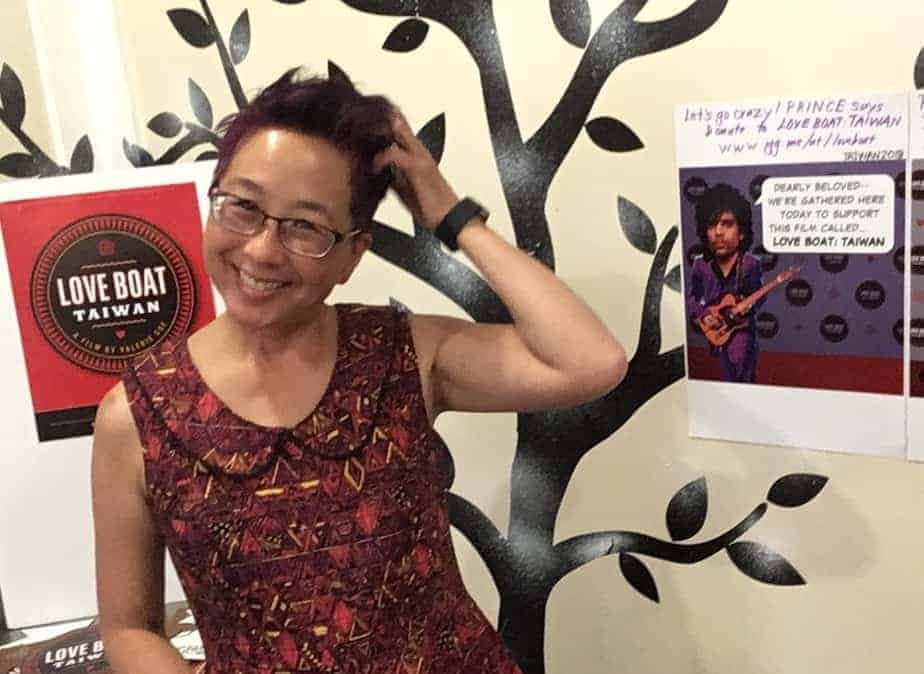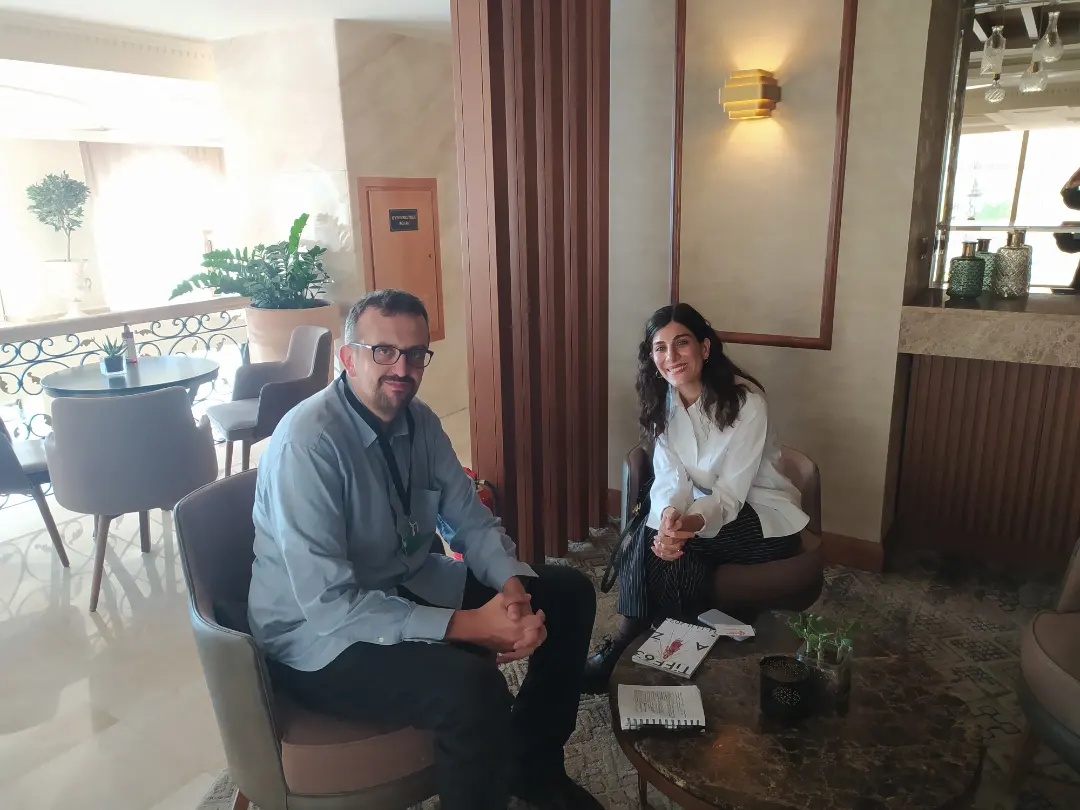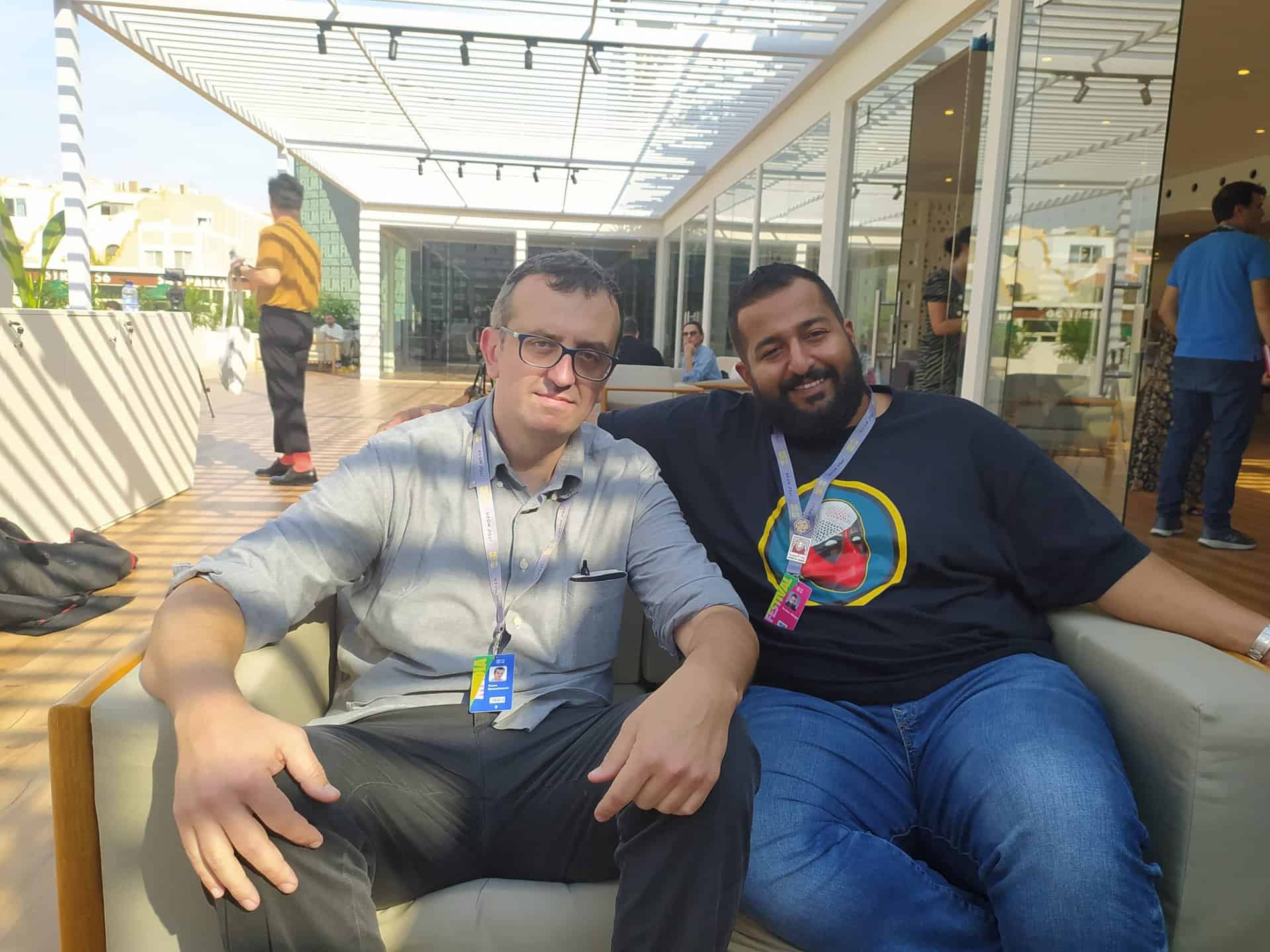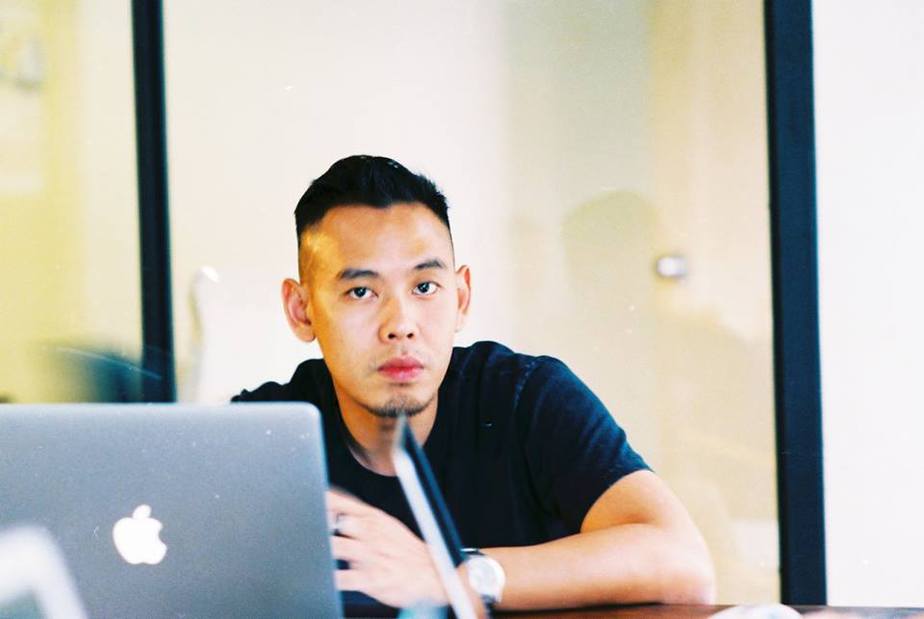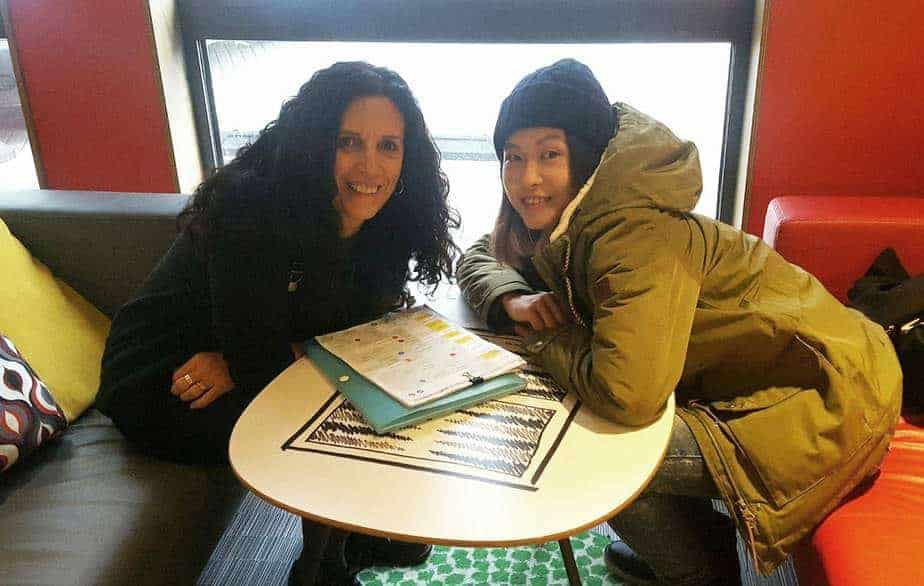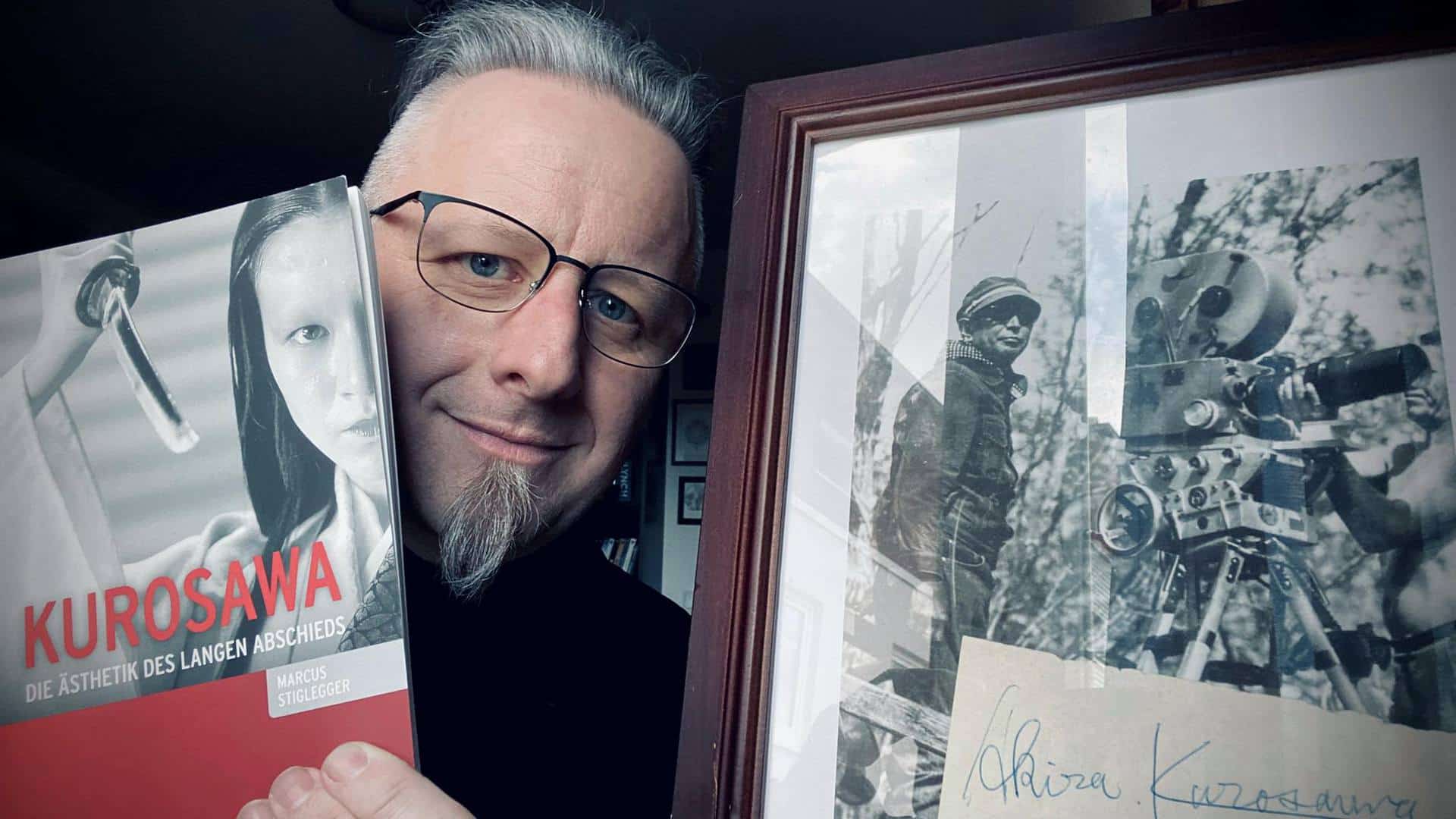Valerie Soe is a writer and experimental video-maker living and working in San Francisco whose work's main focus is on the perception of Asians in American culture. Her productions include “Picturing Oriental Girls: A (Re) Educational Videotape” (Best Bay Area Short, Golden Gate Awards, San Francisco International Film Festival) and “ALL ORIENTALS LOOK THE SAME” (Best Foreign Video, Festival Internazionale Cinema Giovani; First Place, Experimental Category, Visions of U.S. Festival).
Since 1986, Valerie Soe has produced nearly two dozen short films and documentaries, which examine gender, pop culture, identity, and anti-racism struggles. Her work has received dozens of awards, grants, and commissions, and exhibited at venues such as the J. Paul Getty Museum in Los Angeles, the Museum of Modern Art, and the New Museum in New York City, on cable and broadcast television, and at film festivals worldwide. Her essays and articles on Asian and Asian American art, film, culture, and activism have been published in books and journals including Countervisions: Asian American Film Criticism; Afterimage; Asian Film, and Amerasia Journal, among others. Soe is the author of the blog beyondasiaphilia.com (recipient of a 2012 Art Writers' Grant from the Creative Capital/Andy Warhol Foundation). She is Professor of Asian American Studies at San Francisco State University. Her latest film, Love Boat: Taiwan, premiered in 2019, and has played to sold-out houses at festivals around the world, including in Los Angeles, San Francisco, Taipei, San Diego, Toronto, and New York.
On the occasion of her new documentary “Love Boat: Taiwan” screening at Toronto Reel Asian International Film Festival, we speak with her about her personal experience on the Love Boat Project, the technical aspect of the documentary, and other topics.
Can you tell us a bit more about your experience in “Love Boat”? In retrospective, how do you you evaluate the program, is it a good thing or a bad one?
I went on Love Boat back in the 80s when I was in college at UCLA. I have no memory of how I got signed up for the trip (it was probably my parents' idea) and I didn't know anything about Taiwan at the time. I probably only had a vague idea of where Taiwan was, although I'd been to Hong Kong a few years before. So it was very eye-opening to me to say the least.
I think it was a great program and it was actually very impressive that the government was able to successfully coordinate such a large-scale operation for so many years. At its peak, in the 80s through the mid-2000s, anywhere from 800-1000 people went every year from all over the world. Participants were treated like VIPs and we saw the best of Taiwan during our trip. We also learned a lot about Taiwan's history and culture while we were there, despite many people being tired and hungover for a lot of the trip.

What would you say are the biggest advantages and and what the disadvantages?
The biggest advantage was being in a very large group of young people who were all learning about Taiwan and their cultural history. There's something very special about being away from home for a period of time without your family with a bunch of people your own age; this is true of a lot of programs, from your garden-variety summer camp experience to larger programs like Love Boat. It's a great way to discover yourself and it becomes a magical experience for a lot of people.
The disadvantage for a Californian like myself was dealing with the ridiculously hot and humid summer weather in Taiwan. I'd only ever lived in San Francisco and Los Angeles before going on Love Boat, where the weather only gets up into the 80s (or the 90s during a heat wave) and where there is almost no humidity. So going to Taiwan, with daily 90 degree weather and 90% humidity, was a bit shock for me. I learned how to tolerate sweating.
Why did you decide to shoot a documentary about Love Boat?
I'd wanted to make a movie about the Love Boat since the late 1990s. I thought it was interesting how all of the Chinese Americans and Taiwanese Americans knew all about Love Boat but most people outside of those communities had never heard of it. It was also interesting to me how the program paralleled the recent history of Taiwan, from martial law to democracy and Taiwan's rise as an economic force in Asia. I also thought it was great how there were three different agendas operating on the Love Boat that worked together really well, for decades. Taiwan's government used the Love Boat to get overseas support, Taiwanese American and Chinese American parents liked the program because their kids might hook up with each other and eventually produce grandchildren, and the kids themselves liked the program because it was an all-expenses paid vacation full of partying, romance, and cultural experiences. It was a win-win-win situation for all parties concerned.
Was it difficult having all the participants in the film to open up about their experiences?
I pre-interviewed a lot of people before shooting interviews so by the time someone was on-camera they were pretty committed to doing an interview. There were some people that I talked to before the pre-interviews who didn't want to be on camera for one reason or another. But for the most part, there were plenty of people who were willing to share their experiences. There are a lot of people who didn't do on-camera interviews who wanted to be in the film so the hard part was actually deciding who to cut.
How much footage did you collect and how much time did you spend editing it?
We interviewed about thirty people, I think, and used about twenty of those interviews. I also spent three months in the summer of 2016 following that year's edition of Love Boat around Taiwan. Plus there was a lot of archival footage, YouTube clips and photos from participants, and other historical footage to wade through. But once we were done shooting at the end of November 2018, we actually edited the film very quickly. I wanted to submit it to a couple film festivals that had deadlines at the beginning of January so we put together a rough cut in less than six weeks and gave it to them. It was very messy at that point, so I'm glad that both of the festivals (Los Angeles Asian Pacific Film Festival and CAAMfest) were very forgiving and accepted the film based on that rough cut. We then spent another couple months polishing up the edit for our May premieres. It was a ridiculously compressed post-production schedule but my team was great and we pulled it off. I did see a typo in the credit roll last week, though, so there are small fixes like that that we still need to do.

Did you get any feedback from the participants after the film screened?
The response has been very positive, especially from Love Boat alumni. We did a lot of outreach on social media to those folks and word of mouth has also been great, so we're hoping that more people can come see the film when it screens in Toronto and San Diego this month. We're also hoping it makes it to other parts of the US and around the world. There is a big Taiwanese American community near Houston, TX, for instance, so we'd like to screen the film there. And although we've already shown the movie in the Bay Area and Southern California a couple times, there are still people there who'd like to see it, so we're hoping to screen in those locales again soon. We're setting up a mechanism where anyone can organize a community screening in their city or town so that more people can see the movie. The details will be on the website soon.
You have dealt extensively with Asian American cinema. Can you give us some more details about the concept?
I teach a class at San Francisco State University University on the history of Asian American Cinema and what I focus on is independent films by Asians living in the United States. So I'm interested in looking at films made outside of Hollywood by Asians living in this country. I show films like “Who Killed Vincent Chin?”, “The Debut”, “Better Luck Tomorrow”, “Punching At The Sun” and so forth. What I would not show is “Flower Drum Song” or “Crazy Rich Asians”, since those are studio films, or “Harold And Kumar Go To White Castle”, since that's not directed by an Asian American. Other Asian American Studies classes may be less rigorous with their criteria though. I would show “The Farewell” and “Ms. Purple”, though, because those were made outside of the Hollywood studio system.

What is the situation with Asian American cinema at the moment?
It's a great moment for Asian American cinema because there are more audiences seeing Asian American films. That's in part because the demographics in this country have shifted so much in the past few decades. The number of Asians living in the US is now around 6% of the total population. In 1970 it was around 0.5%, so that's more than a tenfold increase. So the Asian American cultural influence continues to grow.
What are your next projects?
I'm devoting a lot of time touring this film around and getting it to as many audiences as possible, so that will continue for the next several months at least. I'm also thinking of a possible trans-media project based on the film; something web-based where other Love Boat alumni might be able to share their experiences. And I think there may be some organized Love Boat reunions coming up in conjunction with screening the film, so that's something as well. After all of that I'll just want to get some sleep.


